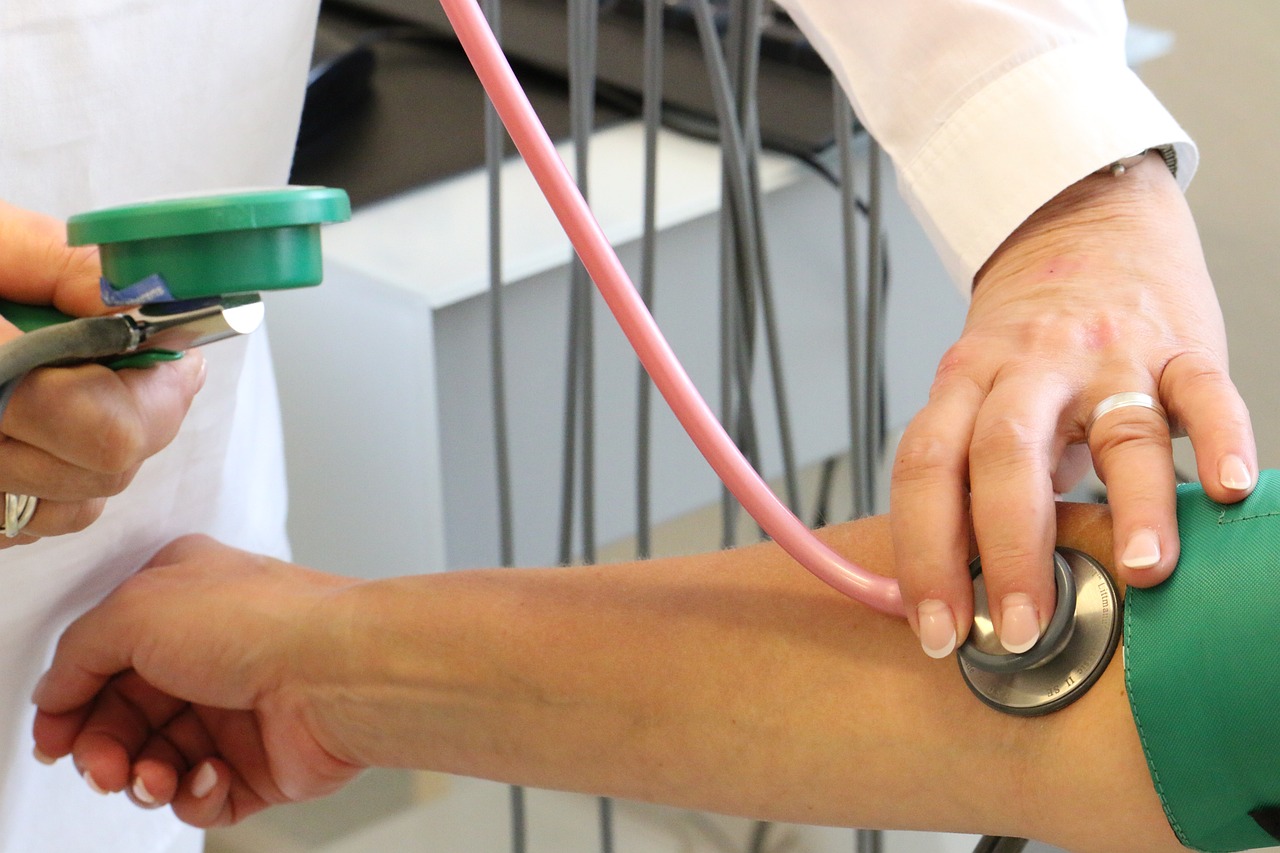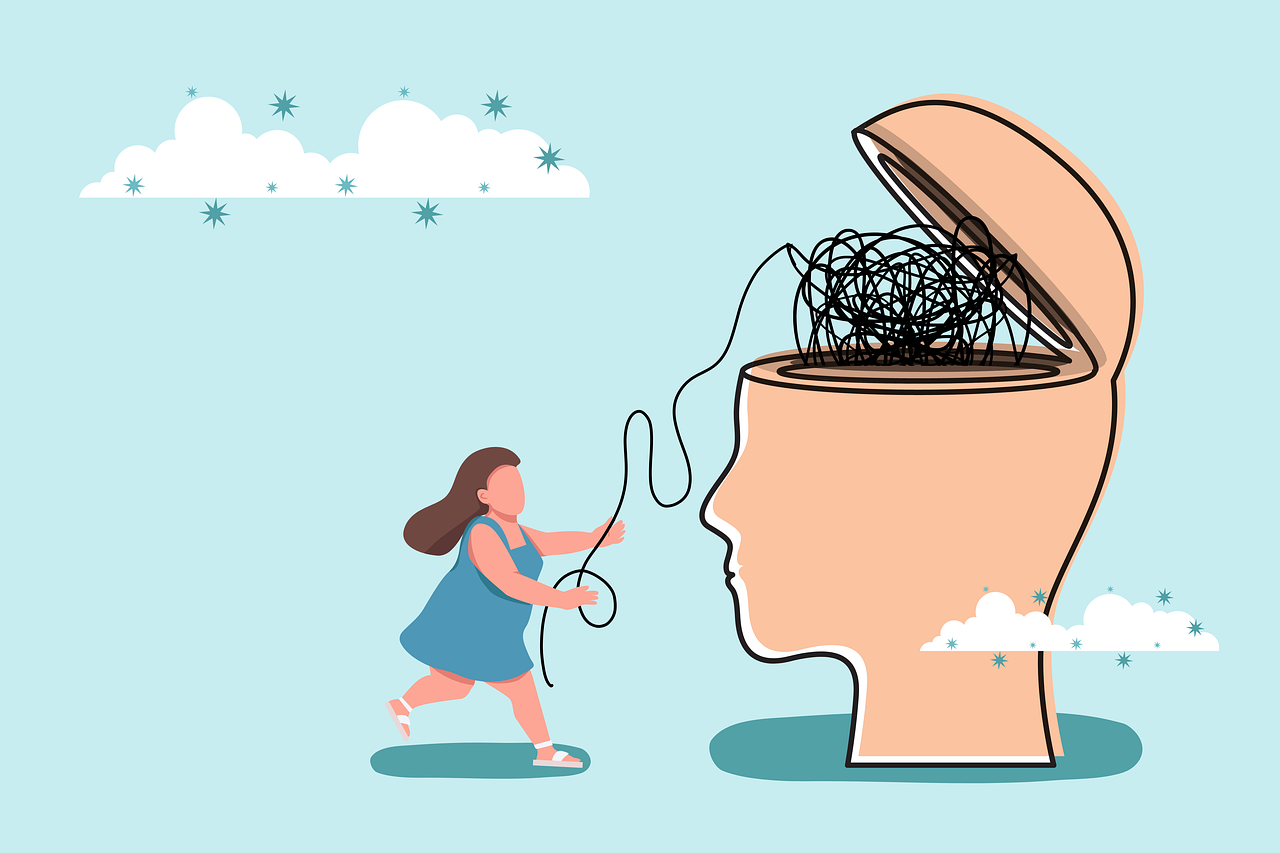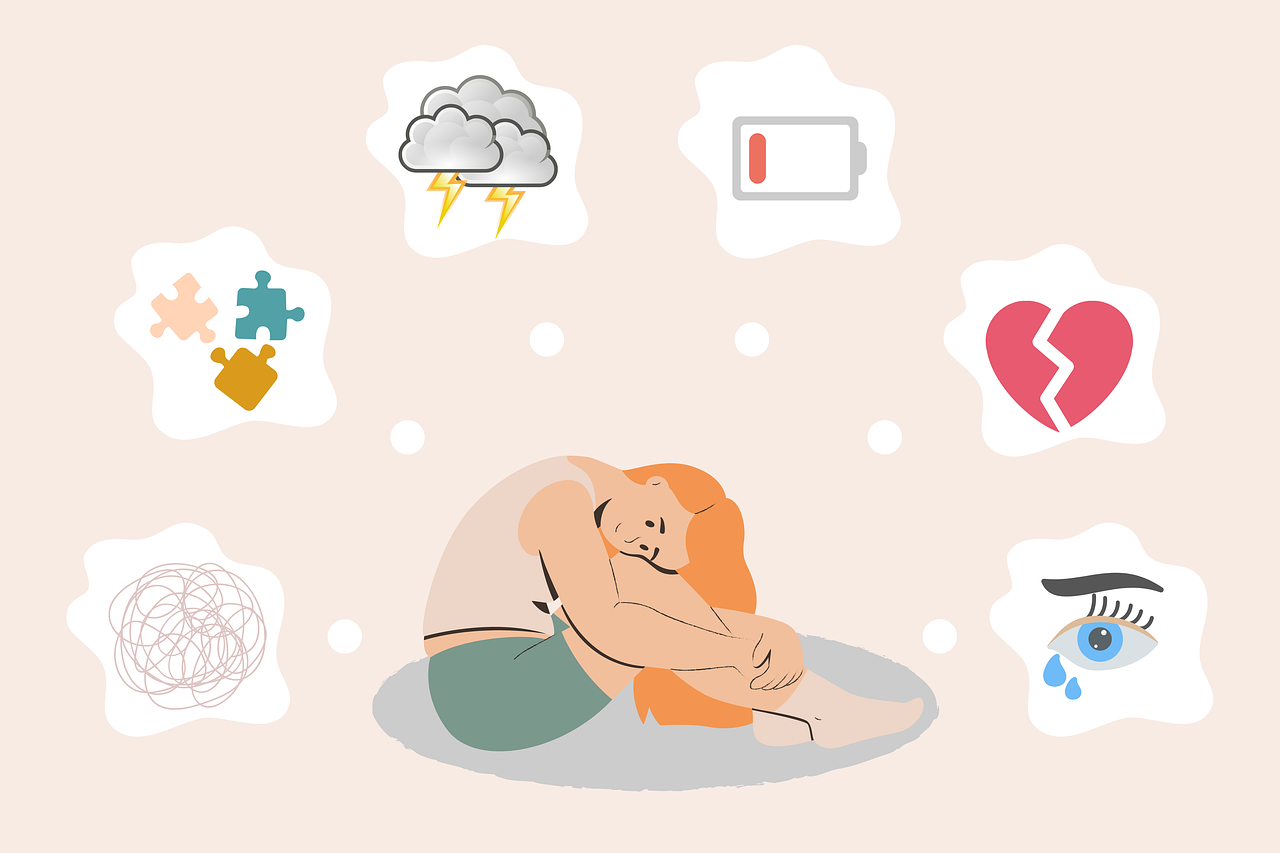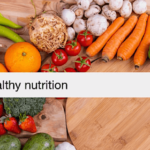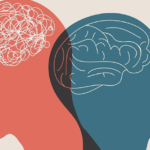In nutrition, diet is the sum of food consumed by a person or other organism. Dietary habits are the habitual decisions an individual or culture makes when choosing what foods to eat. The word diet often implies the use of specific intake of nutrition for health or weight management reasons (with the two often being related). Proper nutrition requires ingestion and absorption of vitamins, minerals, and food energy in the form of carbohydrates, proteins, and fats. Dietary habits and choices play a significant role in the quality of life, health and longevity. It can define cultures and play a role in religion. Dietary intake For Infants, Children, Youngsters, Adults and in Pregnancy. Remember, it is just the average amount that people should try. Naturally, newborns and infants have little control over what they eat, and their parents are responsible for selecting and providing any source of nourishment they receive Infant Food Women who follow a healthy diet before pregnancy may only need to make some basic changes and those who do not follow should start making healthy changes before becoming pregnant to give birth to a healthy, thriving baby.Foodchart Sometimes requires Vitamin or Mineral supplements especially Iron, Calcium, Folate and for some women Vitamin D. Generally, sodium should be restricted to avoid developing high blood pressure .Pregnancy Chart DIET IN HOMEOPATHY Various interactions and experiments on the patient pool have lead us to the conclusion that it is not necessary to remove every article of medicinal nature from the patients diet. Only those items should be restricted to which the patient’s body is not accustomed. If a person is using a particular item for continued period of time, we generally do not restrict it but if the use is occasional or of recent origin it’s advisable to avoid it. We restrict certain dietary substances if there is a direct bearing with the disease condition- like restricting oxalate rich food in cases of Renal calculi and Gout, cold and sour things in cases of recurring cold, Bronchitis and Asthma etc. There are no hard and fast rules but our dietary suggestions may vary from person to person. At the start of treatment a dietary chart is provided to the patient for the betterment of their health. The older Indian concept and to a much larger extent Ayurveda classifies food into 3 basic categories: SATVA or LIGHT FOOD: such as fresh vegetables, rice, milk, butter, honey, fruits, nuts when eaten in right quantity will balance all three dishes, bring mental harmony and evoke conscious awareness. RAJAS or RICH FOOD: such as garlic, coffee, and wine, fried food, too spicy or too hot will stimulate fantasy, jealousy, and ego. Although these emotions may appear as negative aspects, some of these emotions are needed to lead a normal life. Rajasic food should be included in the diet with modesty. TAMAS or DULL/SLUGGISH: food list contain frozen food, certain root vegetables, peanut, left- over and meats that may need more energy to digest. Such food may enhance emotions like ignorance, greed and laziness. This food category must be included in the diet with caution. NUTRITIONAL NEEDS OF ADOLESCENTS Phenomenal growth occurs in adolescence which demands more energy and nutrients. Nutrition and Physical growth are integrally related. Deficiency in teens leads to delayed sexual maturation, arrest or slow linear growth. During puberty the girl’s nutrition need increases sharply. During the peak velocity of growth the nutritional requirement doubles as there is a spurt in linear growth. Deficiency in adults leads to diet related chronic diseases such as cardiovascular disease, cancer, and osteoporosis. BALANCED DIET SHOULD CONTAIN THE FOLLOWING. CARBOHYDRATE PROTEINS FAT VITAMINS AND MINERALS TRACE ELEMENTS OPTIMUM WATER SUFFICIENT FIBER SALT CARBOHYDRATE REQUIREMENT-It is required for Energy. 130 grams so as to supply 2000 to 2500 k.cl of energy. SOURCE– Cereals, roots and fruits. DIGESTION– Starts in the mouth. Proper mastication is essential. Alkaline digestion-Ptyalin DEFICIENCY– Delayed puberty and growth retardation PROTEIN REQUIREMENT-Required to maintain the existing lean body mass and accrual of additional lean body mass during the adolescent growth spurt. 40 to 45 grams per day or 1 gram per kilo gram body weight. SOURCE – 1. Animal sources- milk, meat, eggs etc. 2. Vegetable sources- legumes and nuts. DIGESTION – Starts in the stomach –Acid Peptone digestion. Acid digestion in stomach and alkaline digestion in the small intestine . DEFICIENCY – Inadequate linear Growth, delay in sexual maturation &reduced accumulation of lean body mass FAT REQUIREMENT –Required for normal growth, energy and development of body. 2.10 to 12 grams of fat is the daily requirement.3. 10 % of the energy requirement is met by fat. SOURCE – Oils and animal fat. DIGESTION – Starts in mouth but mainly in small intestine. Excessive intake of carbohydrate will be converted to fat and deposited in the body. DEFICIENCY – Deficiency of one or more of the fat-soluble vitamins A, D, E and K. And it affects Skin, Cognition & Vision. VITAMINS Two types – WATER SOLUBLE AND FAT SOLUBLE (a) WATER SOLUBLE VITAMINS Vitamin B1 – Thiamin –Helps with the energy production in the body Source- Whole grains, liver, dried beans, nuts and seeds. Vitamin B2 – Riboflavin – Helps the body to use other B vitamins. Source- Soya beans, meat & poultry, liver and eggs, Mushrooms, milk, cheese, yogurt, whole grains. Vitamin B3 – Niacin – Helps the body to use carbohydrate, protein and fat to make energy. Helps the enzymes to work properly in the body. Source- Mushrooms, peanut, butter meat, fish, poultry and whole grains. Biotin – Allows your body to use carbohydrate, protein and fat from the food Milk, yogurt, peanuts, almonds, egg sliver, soya protein. Vitamin B6 – Pyridoxine – Helps your body to make and use protein and glycogen which is the stored energy in your muscles and liver. Helps to form hemoglobin which carries oxygen in the blood. Vitamin B12 – Cobalamin Cyanocobalamin Methyl cobalamin Works with the vitamin folic acid to make DNA. Helps to make healthy blood cells and keeps nerves working properly. . Deficiency will lead to
+91 9778458977
uniquehealth365@gmail.com
#



